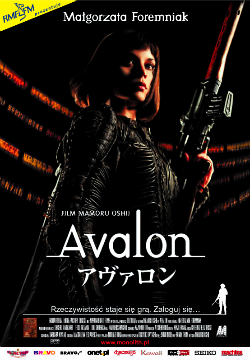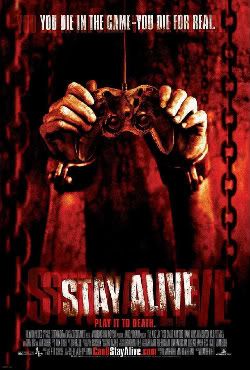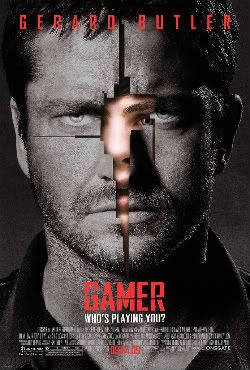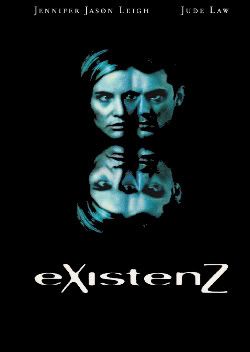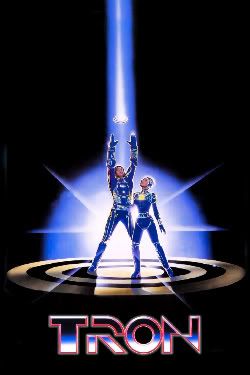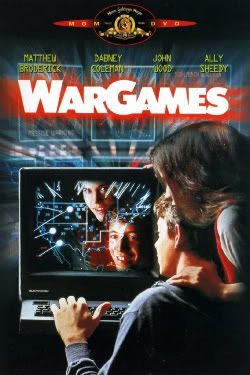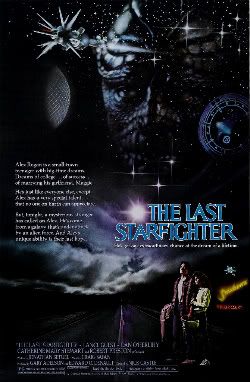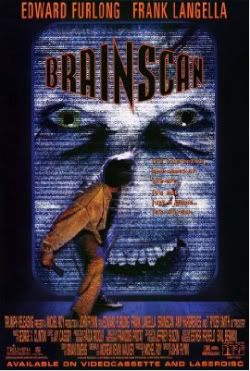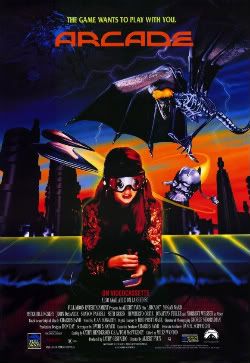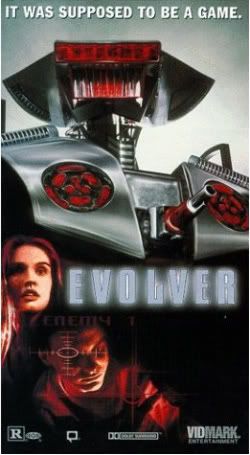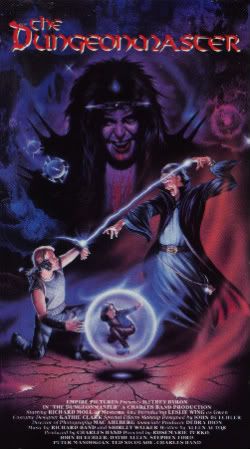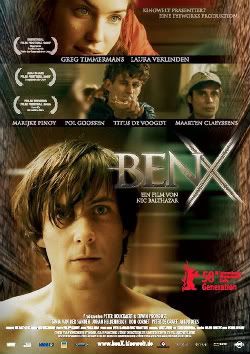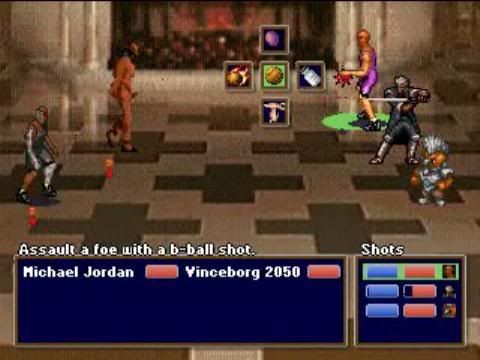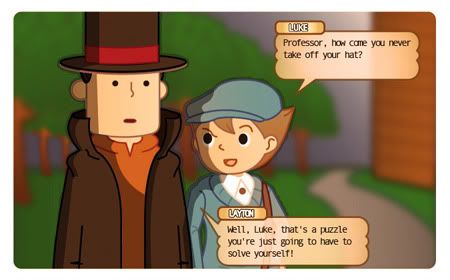I've been fighting off illness for the last week and today it finally developed into a full-blown (swine? maybe!) flu. My weekend has been spent sitting on the couch listening to
The Cash\Dylan Sessions (the aural equivalent of chicken noodle soup), re-watching
Twin Peaks, and trying to keep down
greasy take-out, but I couldn't resist posting this update on what is starting to look like my most anticipated upcoming game of 2010:
Epic Mickey.
Until now, precious little information had been released on Epic Mickey other than some intriguing concept art (which you can see below the cut). That's starting to change, however, with
Game Informer's leak of their November issue wrap-around cover.
Game Informer also promises a month of regularly-posted updates on the game at their
Epic Mickey Portal, which you can be sure I'll be keeping a close eye on.
What has been revealed about Epic Mickey thus far:
· It's being developed by
Junction Point Studios and produced by
Warren Spector, the man behind Wing Commander, Ultima, System Shock, and the brilliant Thief and Deus Ex games (fun fact: he also designed the pen-and-paper RPG
Toon for Steve Jackson Games with the legendary gaming god
Greg Costikyan, whose
blog is required reading for anyone interested in gaming culture).
· It will be released on the Wii with a projected date of third quarter 2010.
· "Epic Mickey" is most likely a working title and not final.
· It will be a platformer and has been described as "steampunk" (coincidentally, before I started coughing up chunks of lung and downing Nyquil like Kool-Aid, I was working on a post on steampunk-themed games, so watch for that once I return to my typical fine fetter).
· It will
blow your mind.
I've long held the conviction that Disney is a lot more subversive than the watered-down, family-friendly image it's known for. That, or it's such a massive superstructure that internal subversion goes overlooked. If you still have your doubts, check out their 1995 short "
Runaway Brain" below:
Anyway, on to the Epic Mickey gallery:
By Fred Gambino:
By Gary Glover:






